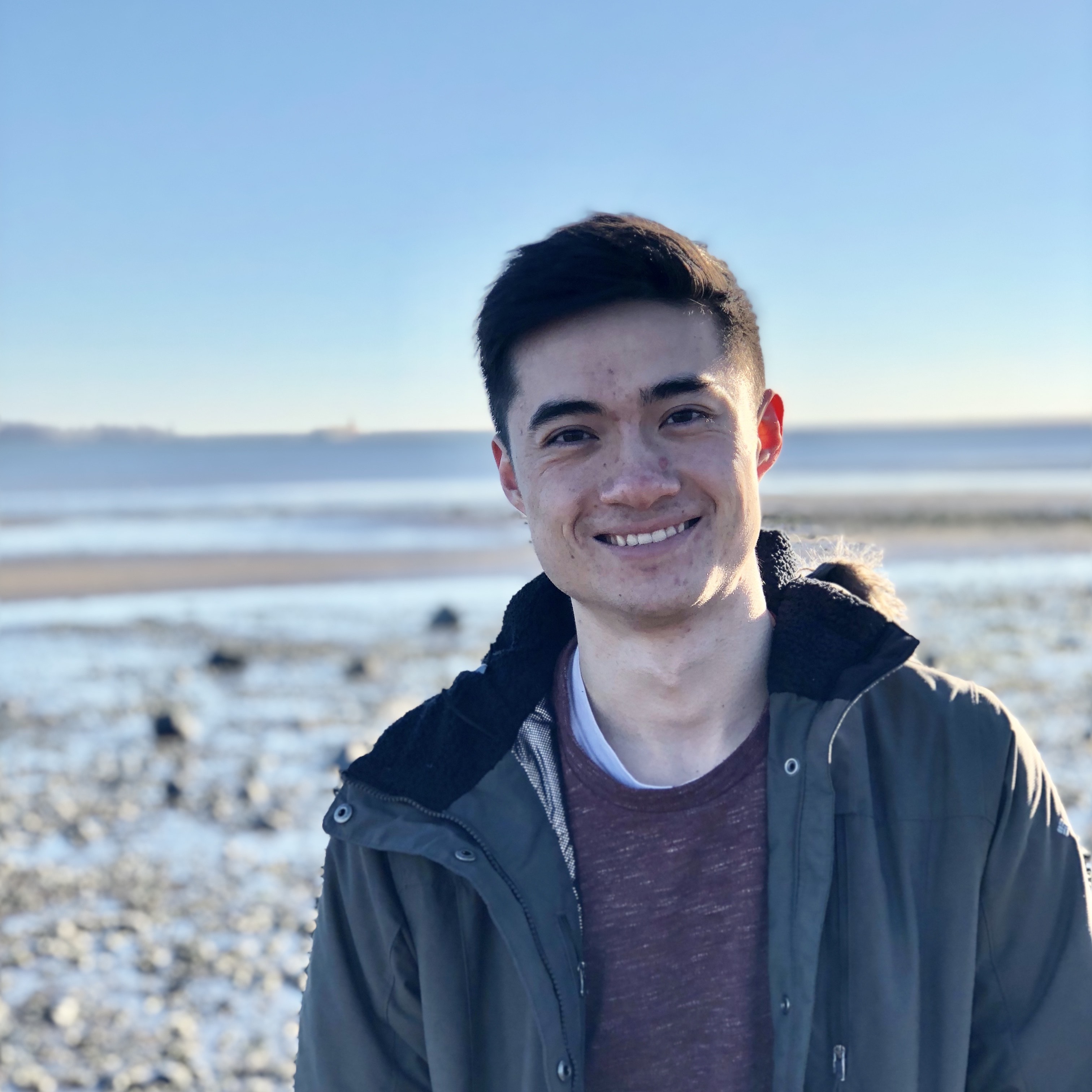About me
Hi! My name’s Bryan, and I’m a recent PhD graduate in astrophysics at UC Berkeley.
My professional interests revolve around solving interesting problems using math, statistics, and machine learning (particularly with computer vision and deep learning). Though my formal academic training is in math, physics, and astrophysics, I find it invigorating to tackle all kinds of problems, from making statistical predictions to searching for signals in noisy data.
I graduated from Harvard with an AB in Astrophysics and Physics in 2018 and graduated from UC Berkeley with a PhD in Astrophysics in 2024. My PhD work was pretty unique – I did research for the Search for Extraterrestrial Intelligence (SETI)! I worked with Dr. Andrew Siemion and Breakthrough Listen to search for narrowband radio signals that indicate the presence of intelligent life outside of our Solar System. We call these theoretical signals “technosignatures.” The work was very interesting and multi-disciplinary, lying at the intersection of astrophysics, signal processing, computer science, and statistics.
Education and Research
For the first project of my PhD, I used convolutional neural networks to search for ISM-scintillated narrow-band signals in radio time-frequency data. I created a Python package called setigen that made it easy to create synthetic narrow-band signals and insert them into real observations for use in evaluating search algorithms and in training computer vision models. Since then, setigen has expanded vastly in scope and is used across the field of SETI research for many different things! It’s been nothing short of incredible to see how many people are getting something out of it, and I love working with people and trying to figure out how to make it better.
For my next major project, I developed a novel method for SETI searches that sought to identify a physical intensity modulation which may be imprinted on the radio signals that we’re looking for. Specifically, radio signals traveling through the interstellar medium (ISM) can undergo refraction from ionized plasma and ultimately exhibit a stochastic diffraction pattern on the plane of the observer. The statistics of this kind of pattern have been theoretically predicted, but my proposal was that this pattern could be inferred from the intensity modulation of technosignatures. So, I developed a method for predicting which directions in the sky would have the highest chance for us to observe this effect and for analyzing the intensities of detected signals to determine the likelihood that they exhibited this effect. Then, I designed a full study towards the Galactic center that took over 24 hours of observations, over 230 TB of reduced data, and searched for scintillation technosignatures. We didn’t find any, but I set limits on transmitter powers and commented on the practical chances of detecting scintillation in narrowband signals, given a likelihood function that I computed for all of the detected radio interference.
Projects and Interests
I love to brainstorm and work on a multitude of personal projects. Some highlights on the coding front are blossom, a Python package that simulates the evolution of a population of organisms, and jort, a Python library and command-line utility for timing and notifying on script completion. Besides code, I enjoy making music and building small things as crafts. I’ve also really enjoyed getting into perfume making and cocktail mixing.
Outside of making things, I love film and sports. Actually, I’m a certified sports nut. I watch essentially everything under the sun. I have my teams in the biggest US sports, but I watch niche leagues across the world (like Australian and Argentine soccer) and I’ve given most things at least a try (cricket, rugby, lacrosse, even curling during the Olympics). Regardless of the sport, I’m all about narratives and storylines. Sports are such a great way to watch skill and heart pitted against each other, and I kind of live vicariously through that passion. On a completely different note, I really like predicting outcomes, and sports are the perfect way to test my understanding and opinions (priors!) on players and teams.
